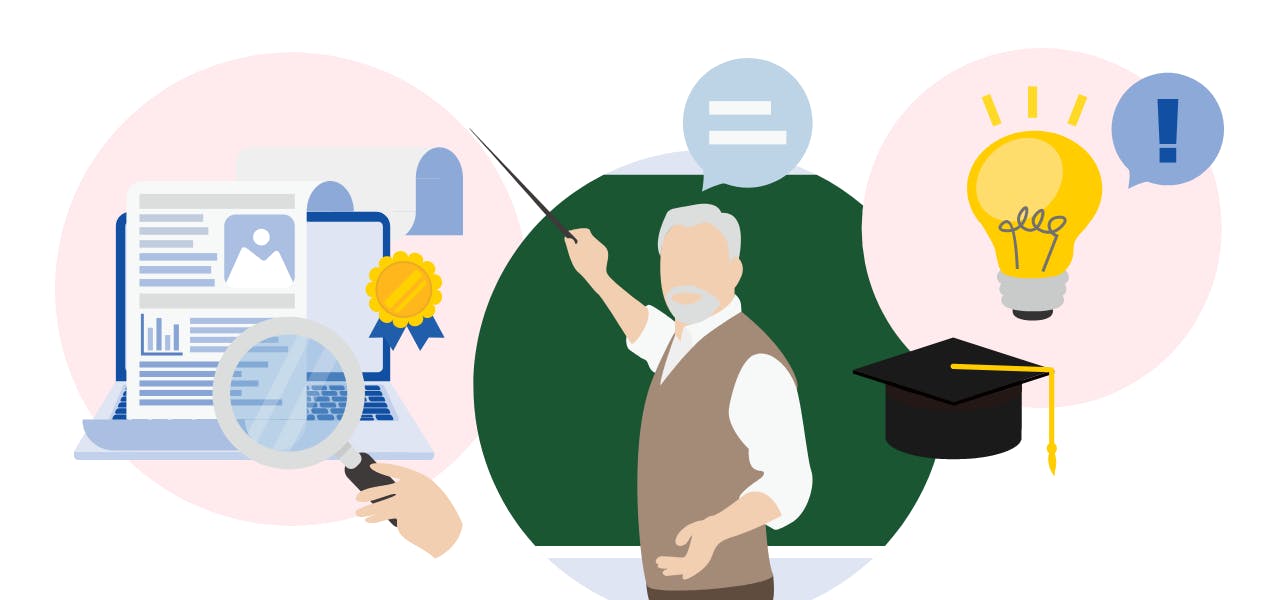A colleague recently told me that he wasn’t accepted into a PhD program after waiting nearly nine months to hear back from the school he applied to. He admitted that he thought one of the mistakes he had made at the time of his application was not finding a prospective advisor that had a similar research interest in alignment with his statement of purpose. The statement of purpose is arguably one of the most important parts of a Ph.D. application and without a prospective advisor to sign onto such research interests, it loses validity next to applicants who have already bonded with an advisor.
Indeed, the other important aspect of getting into a Ph.D. program is finding an advisor, somebody in the college or institution that has a similar research interest, or perhaps a professor who has worked extensively in publishing research in a field that you find unique and interesting, and want to get involved with. Whatever the case, there needs to be a spark between professor and student that makes sense for the university, the future of the field of research, and also a collaboration that is timely given the weight of current events or other social, civil society, or environmental issues.
Here are three steps to finding an advisor and making the process worthwhile:
1. Read the PDFs
In the search for a helpful advisor and a mutually beneficial relationship, it’s a good idea to read the online publications that professors have posted to their online university profiles. In reading a professor's material and seeing their publications list, most PhD candidates will be able to get a sense of what the professor is interested in studying, their writing style, their methodologies for conducting research, and what their career has amounted to. When reading a professor's articles, it’s important to take notes and reflect on similar research interests, or how you might go about having a productive relationship with this person.
University professors will respect and appreciate the candidates who have taken the time to read their material before setting up an interview or meet and greet. Because of the busy schedules of academics, taking that step of reading through someone else’s work and giving them feedback is crucial. But the first step is being able to digest the material to see if there is common ground that is worth exploring.
2. Make sure you find a mentor
Even with Covid-19, if you are planning on enrolling in a Ph.D. program, you need to meet your potential advisor and see how you get along. If you cannot meet face to face yet, then organize a videoconference and go over some of the expectations with regard to lab requirements and working styles. If a professor is avoiding the issue of how much work you’ll need to do and when, it’s a good idea to reach out to your social network and identify students who have already taken classes with your prospective advisor, and ask them about personality traits and working styles.
Because of the lengthiness of a Ph.D. program, you’ll want to make sure that you will be working with someone who is not only intelligent but also pushes your boundaries in a healthy way and makes you a better researcher.
3. Think about the departmental benefits
Once you have managed to find a decent advisor or at least someone who is trustworthy and will motivate you in your studies, you’ll need to look to the external before finalizing your decision. Thinking about funding, teaching assistantships, geography, the total time it will take to complete the Ph.D. and defend your dissertation (different universities have different program lengths)—all of these things will matter greatly before making a final decision.
For example, one great way of finalizing this process is by analyzing the culture and surroundings of the department. If your university is in New York City or London, you don’t have much to worry about. But if the university is located in a more rural area, loneliness and isolation are things to consider, as well as the ability to travel to and from the university to a fieldwork site. Simply put, you should ask yourself, “Is the university located in a coastal city where the means of getting to your fieldwork site logistically sound?”
These things matter. Either way, your advisor will not be able to change the culture and surroundings of the university they are employed at, so it’s best to scout out the area and external opportunities before finalizing commitments with anyone.
